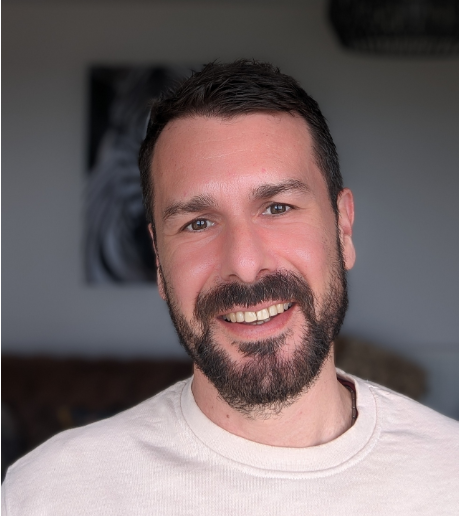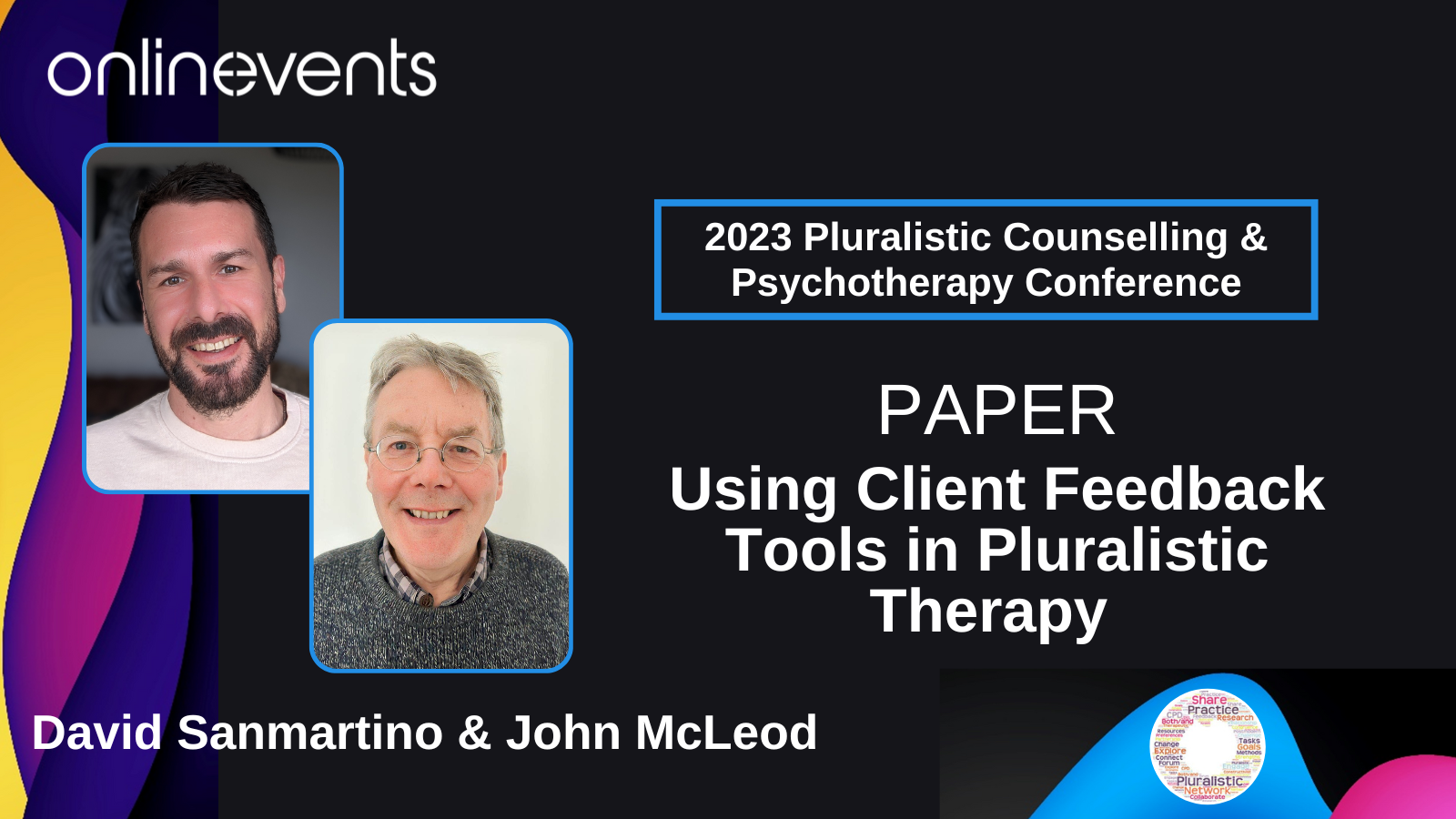A major feature of the counselling and psychotherapy landscape over the past 20 years has been the increasing use of routine outcome and process measures as a means of providing client feedback on whether therapy is on track. The opening section of this presentation will provide a brief overview of current research evidence around client and therapist experience of using these procedures, and the extent to which their utilisation contributes to enhanced client outcomes. A general theme across this research literature is that feedback tools appear to be helpful in some contexts, and some cases, and not in others.
The second part of the presentation suggests that the helpfulness of feedback tools depends on how their purpose is understood by the client, the therapist, and the organisation/clinic within which therapy takes place. Client feedback functions in a distinctive manner within a pluralistic framework for practice, as a means of supporting the capacity of the client and therapist to work together, rather than as information that is primarily of value to the therapist. In addition, a pluralistic perspective encourages consideration of multiple ways in which the feedback process may be meaningful for client and therapist, beyond progress monitoring. Examples are provided of how these aspects of a pluralistic approach to feedback can operate in practice. A key aim of the presentation is to facilitate discussion: the closing section will focus on group discussion in which participants are invited to share their responses to what they have heard, ask questions, and collectively explore ways that research and training might enable a pluralistic approach to routine outcome measurement and feedback to be further developed.
Course Content
Presenter

My name is David Sanmartino; originally from Spain, but Scotland is home now. My first degree was in Drama, and after working in the theatre for four years, I returned to the university to study psychology. I have a clinical background in Health Psychology, CBT, and Forensic Psychology, but my values and working ethics align with humanistic theories. My main interest in the field of mental health is working with complex trauma from a multi-theoretical and multi-disciplinary perspective. For this reason, I decided to return to the university and study for an MSc in Counselling pluralistic approach at Abertay University in Scotland. The depth of the relationship with clients, putting their needs and preferences first, and a collaborative working perspective have always been priorities to me.

John McLeod is Visiting Professor of Counselling at the Institute for Integrative Counselling and Psychotherapy, Dublin, and Emeritus Professor, Abertay University. He has been closely involved in the development of pluralistic therapy, as well as publishing widely on a wide range of aspects of counselling and psychotherapy research and practice. He lives in Dundee, Scotland.


